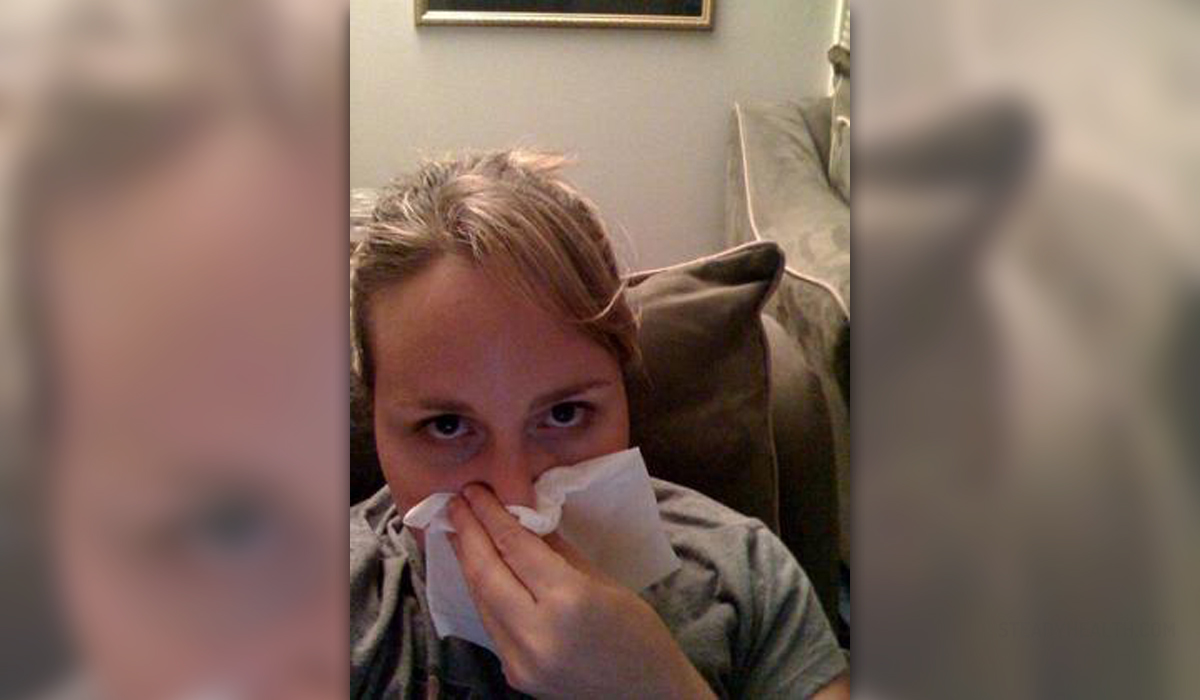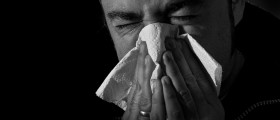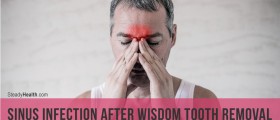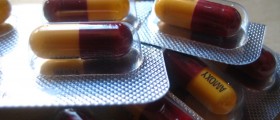
Sinus infections sometimes occur after viral or bacterial infections of the upper respiratory tract. They can also be caused by allergies. tThese infections are often secondary infections and they can be treated at home, with home remedies, but sometimes, if the infection persists or worsens, it may require a trip to the doctor’s and the use of medications.
How to treat sinus infections at home
For many people, including doctors, zinc is the right answer for sinus infections. Zinc is usually associated with viral infections but it is important to understand that very often the sinus infection follows a viral one, usually flu or common cold. It is recommended to take zinc lozenges, which should be slowly dissolved in mouth, and also to try out zinc gel swabs for the nose.
The next step is to make sure to take plenty of fluids. Fluids are important because they help to mucus inside the sinuses to become thinner and easier to expel. Hot teas, water, fruit juice, soup and other beverages will provide plenty of fluids and it is important to try to blow the nose as much as possible, so the less viscous mucus can get out.
Inhaling vapors from a steamer, in a shower or during a hot bath is another great way to clear the sinuses and also to prevent irritation to the sinus walls. It is also highly recommended to use a vaporizer or a humidifier, especially in the bedroom.
Eating well, with plenty of foods rich in vitamins and minerals, will strengthen the immune system so it can fight the infection on its own.
Medical treatment for sinus infections
There are medications that can be purchased over the counter and that can bring significant relief for sinus infections. Analgesics can be taken to relieve the pain. People usually use ibuprofen and Advil for this purpose, and Aspirin also works well.
Doctors also recommend the use of expectorants, like guaifenesin, and decongestants, like pseudoefedrin. These over-the-counter medications affect the mucus in the sinuses, in nasal passages and in the lungs and make it easier to expel.
If none of these help and if the infection is still present, it is possible that antibiotics are required. Antibiotics are medications that affect the living organisms, bacteria to be precise. Even if the sinus infection was initially caused by a virus, when they become blocked and stuffed, they make a favorable ground for the bacteria, which results in a secondary infection. The bacteria need to be treated with antibiotics, especially in case of a severe infection, because they will not go away on their own.















_f_280x120.jpg)

Your thoughts on this
Loading...